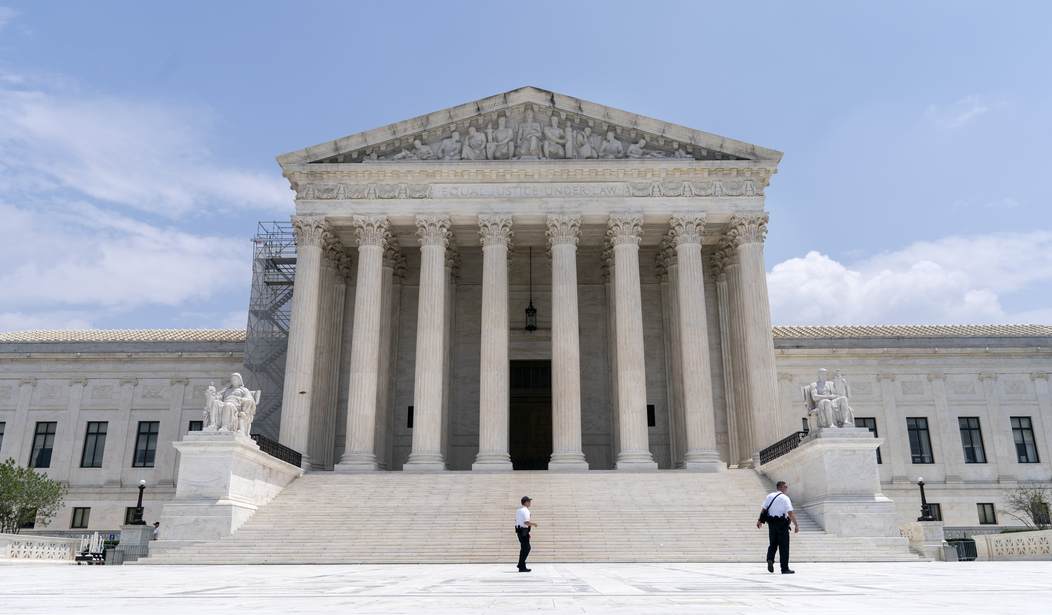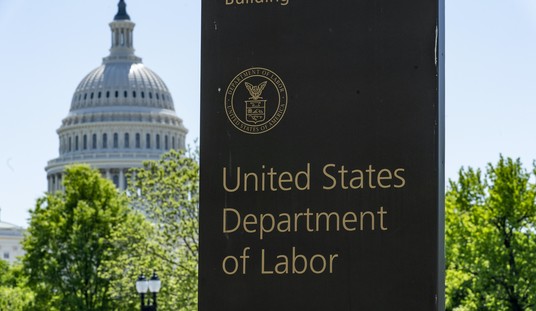The Supreme Court has taken up a case further highlighting why local politics is of the utmost importance.
On Wednesday, the court heard a case involving a spat between a local politician and other members of the city’s government. Sylvia Gonzalez, a 72-year-old former city councilwoman from Castle Hills, Texas, found herself at the center of a national conversation on free speech, government retaliation, and the limits of qualified immunity.
The controversy stems from a 2019 arrest over her handling of government documents. But she argues that the arrest was retaliation for her criticisms of local government officials.
The Supreme Court took up Gonzalez’s lawsuit against Castle Hills Mayor Edward “JR” Trevino over the alleged retaliatory arrest. But the conflict did not start there.
In 2019, she won a race for a seat on the city council. She decided to run after hearing many complaints about the local government from her neighbors and friends. After taking office, she found out they would be evaluating the mayor, who was the subject of many of the complaints.
“So, we brought up a petition…We’d gotten over 300 signatures,” she told reporters.
Other officials on the city council tried to have her removed from office by first claiming that the Bexar County Sheriff Javier Salazar was not qualified to swear her in. During her third council meeting, her colleagues argued that she was no longer on the council and that all of her votes were voided. However, a judge overturned this decision.
After that, her opponents erroneously accused her of forging the 300 signatures. However, after law enforcement investigated the matter, they found that the allegations were false.
However, it appears the third time was the charm. Two months after presenting the petition, Gonzalez was arrested for removing a government document.
As soon as she was elected, Gonzalez championed a nonbinding petition calling for the city manager to be replaced with a previous manager who residents felt had done a better job. Another resident introduced the petition at Gonzalez's first city council meeting. Discussion of the manager's job performance "grew contentious," according to court records, and the meeting was extended through the following day.
At the end of the meeting, Gonzalez said she straightened up the papers strewn across her dais and put them in her binder before going to talk to a constituent.
A police officer interrupted the conversation, telling Gonzalez that Trevino wanted to speak with her, according to court documents. Gonzalez went back to the dais and Trevino asked where the petition was. Gonzalez said she didn't know. Trevino allegedly asked her to look in her binder, saying he could see a clip inside.
Indeed, the petition was in the binder, so Gonzalez handed it over and thought nothing of it. But two months later, she learned from a neighbor that there was a warrant out for her arrest.
Gonzalez maintains that her retention of the document was an honest mistake, not one worth arresting her for.
“I just took all these papers that were around me – I kept all these papers,” Gonzalez told Maysa. “So, I just put them – I tapped them on the desk to get them in order – and then I stuck them in my folder.”
The heart of the debate centers on whether Gonzalez deliberately took the documents or whether it was a mistake. Moreover, was the city justified in putting her in jail?
Anya Bidwell, an attorney with the Institute for Justice, the organization representing Gonzalez claims the city arrested the former councilmember as retaliation for her constant criticism of the mayor and other officials.
“In America, we don’t arrest our critics," she said.
The arrest led to Gonzalez’s lawsuit against the city, which invoked qualified immunity, a legal doctrine that protects government officials from civil liability unless it is established that they violated a Constitutional right.
The Supreme Court’s eventual ruling on this case could reach far beyond Castle Hills. It could redefine the landscape of free speech and government accountability. Depending on how the court decides, it could become harder for government officials to use their positions to punish those who criticize them.













Join the conversation as a VIP Member